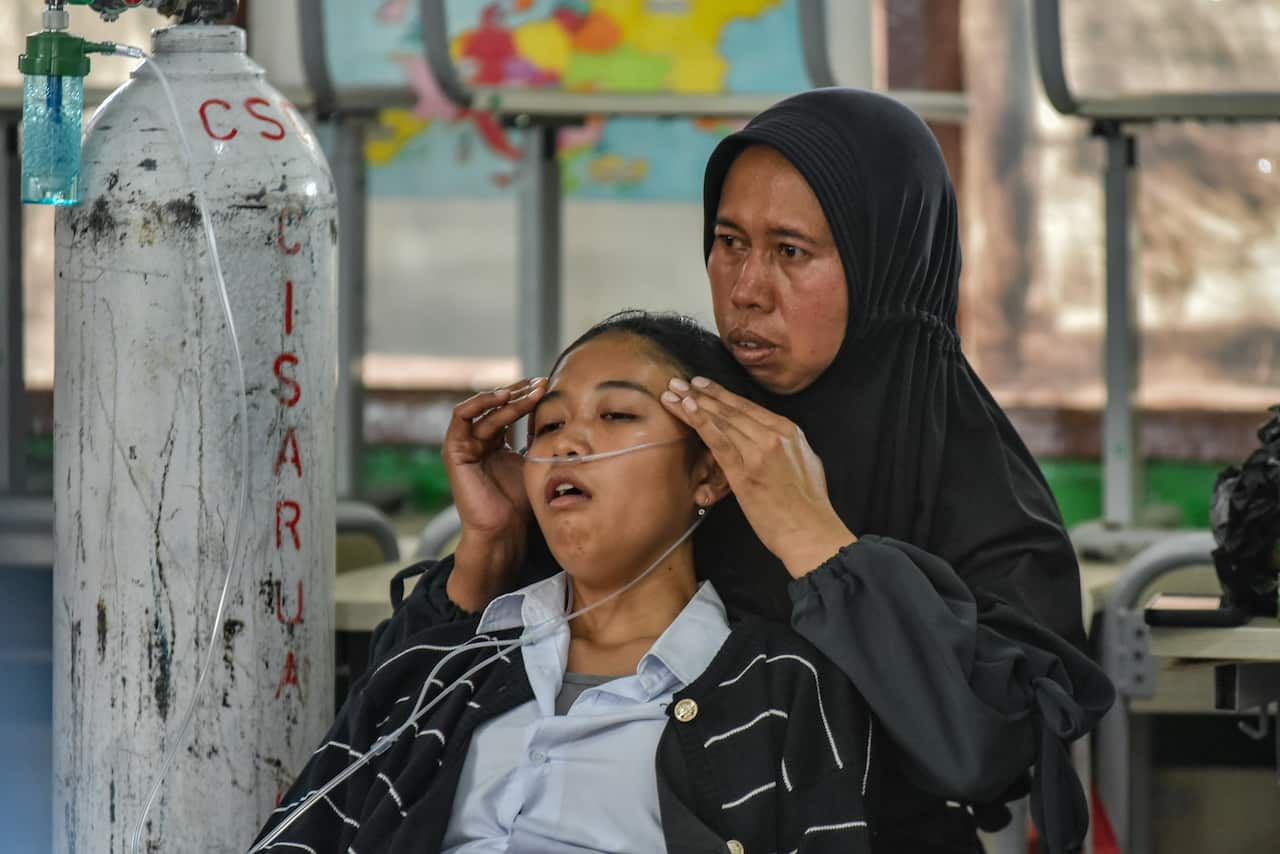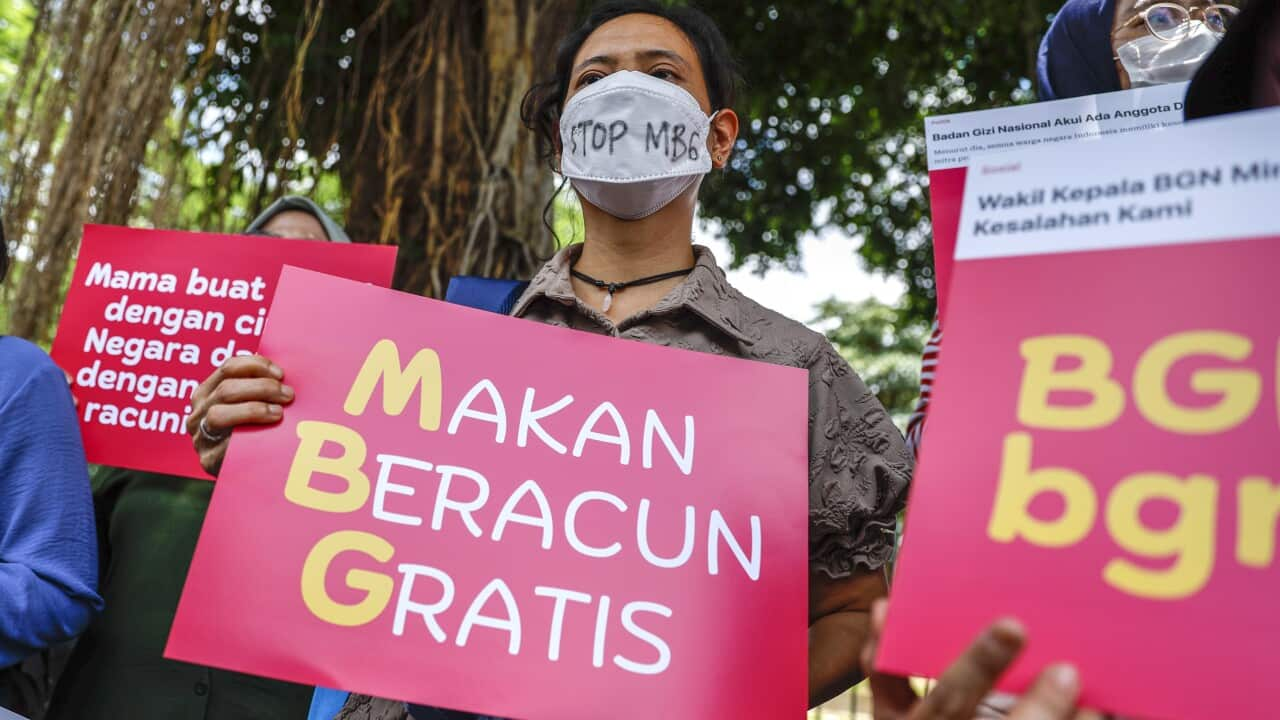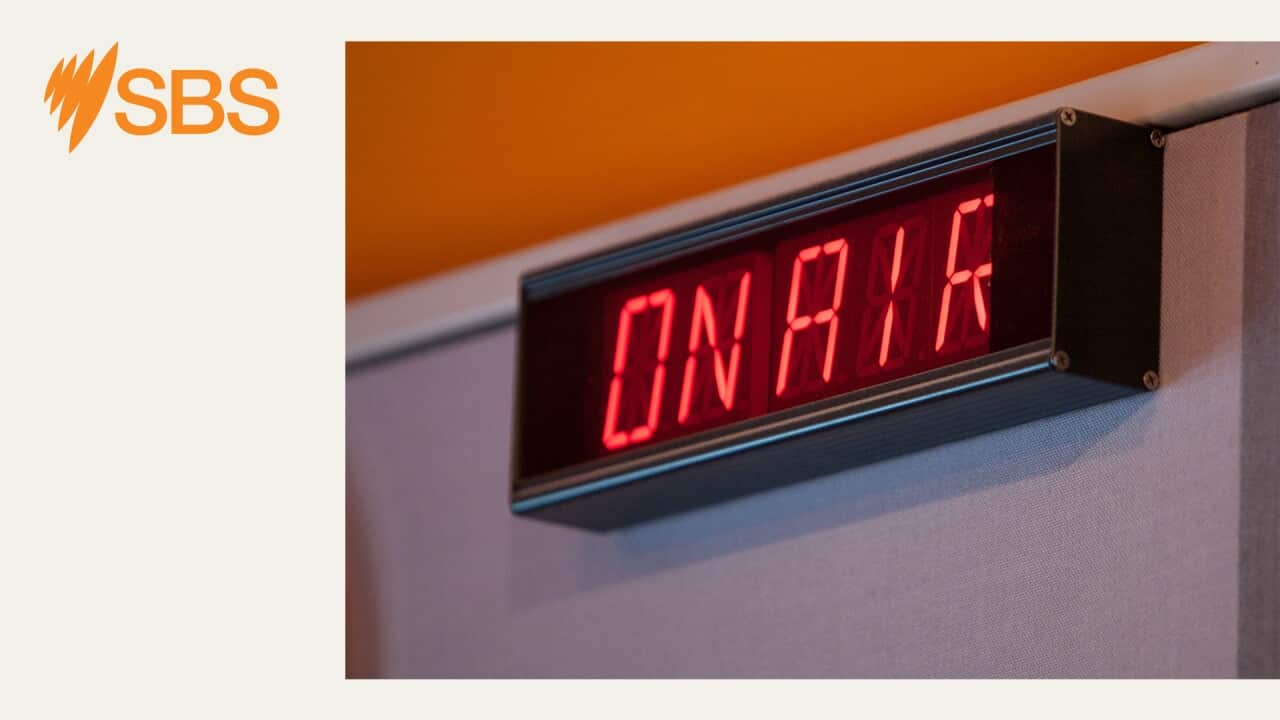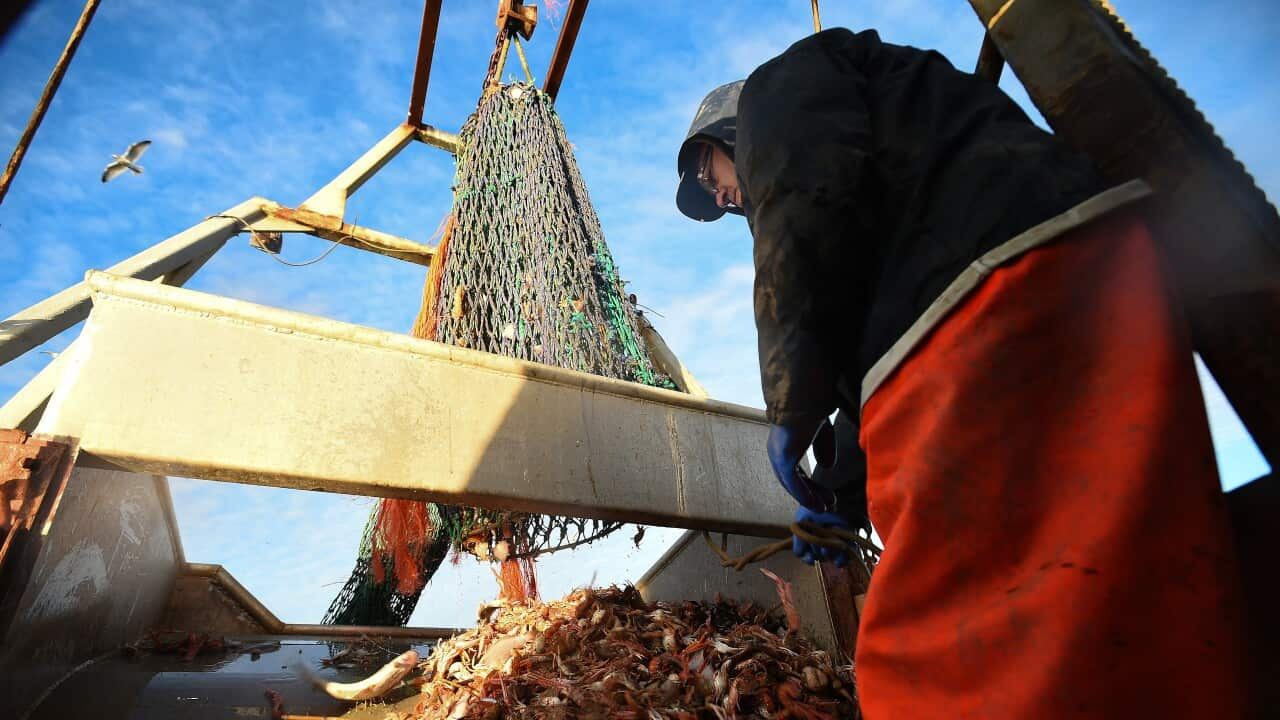An official government report, through the Ministry of Health, states that as of 5 October 5 2025, there have been 11,660 suspected cases of poisoning due to the MBG program in Indonesia, spread across 119 incidents in 25 provinces.
Ubaid Matraji, national coordinator of the Indonesian Education Monitoring Network (JPPI), assessed that the MBG program is not feasible. He argued that its budget is very large but it lacks a legal basis and management regulations.
In the field, this has indeed become a problem. Many social media accounts describe the filthy conditions in the MBG production kitchen, food trays washed with dirty, unsterilized water, worms found in menus, and food that is rotten by the time it reaches children's tables.

Students receives treatment after suffering from food poisoning at Cisarua Junior High School in Bandung, West Java, Indonesia on October 15, 2025. Based on data from the Field Coordinator of the Cisarua Middle School Post, Aep Kunaefi, as of 14:22 WIB, there were 449 victims suspected of being poisoned by the government's free nutritious meal program. Source: AAP / Michael Nigro / Dimas Rachmatsyah/Sipa USA/AAP Image

Ubaid Matraji, National Coordinator of the Indonesian Education Monitoring Network (JPPI). Credit: Supplied/Ubaid Matraji




